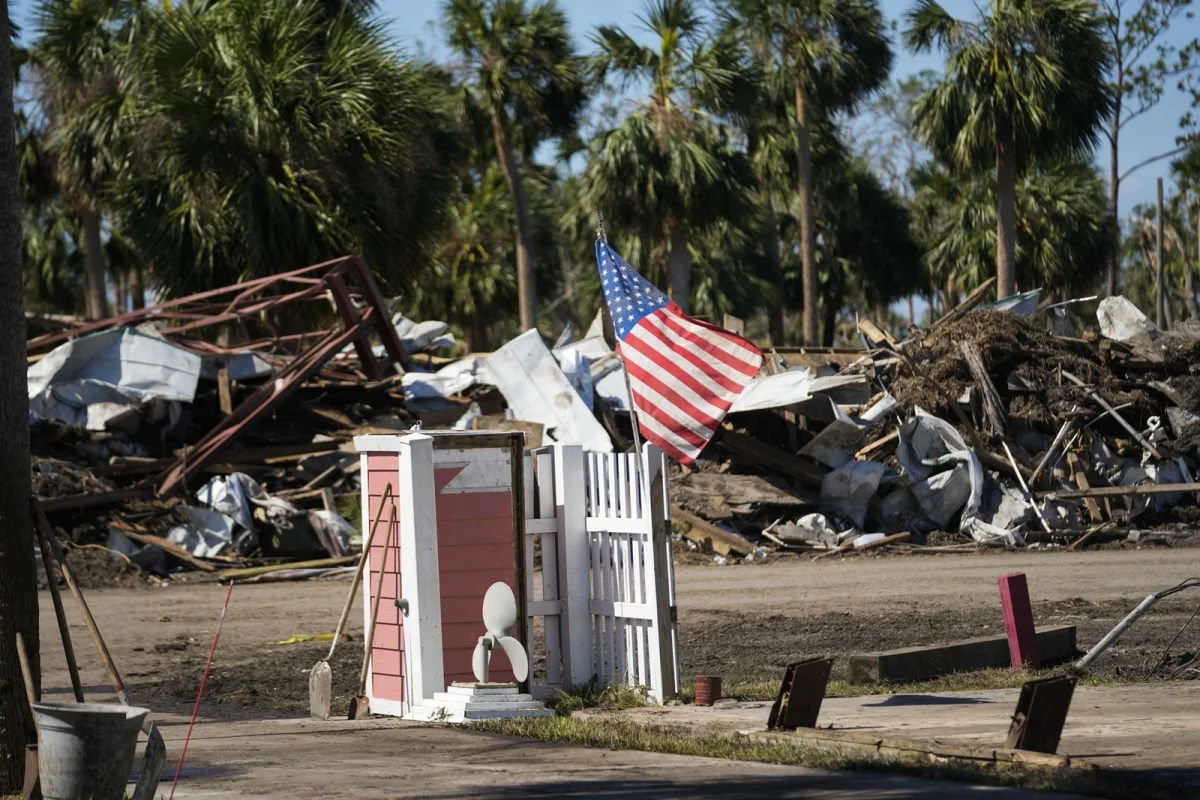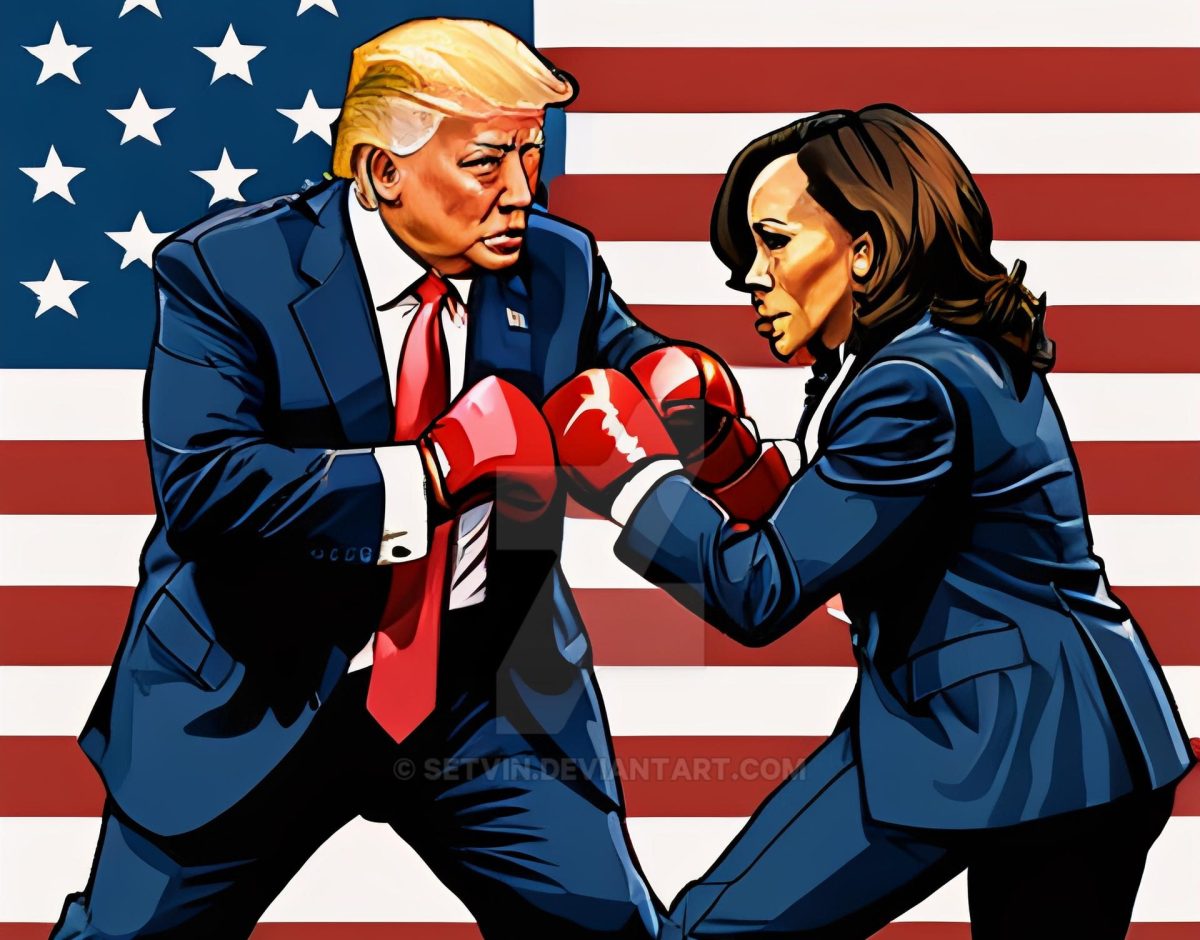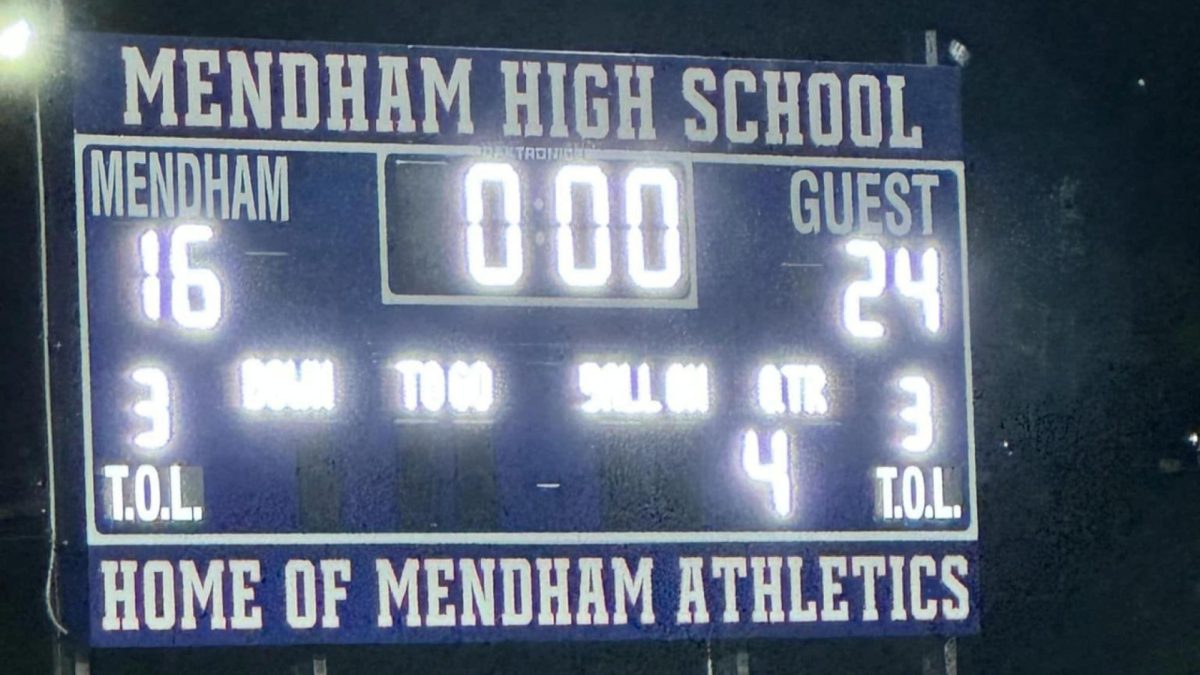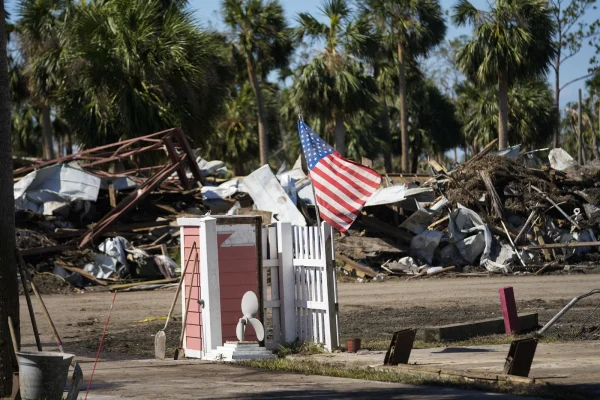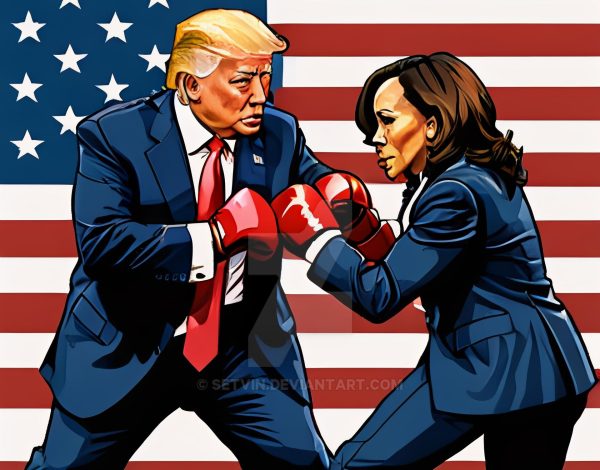The Escalating Conflict Between Taiwan and China

Tensions between Taiwan and China are currently rising as China’s military provocation is advancing. On September 10, 2022, the New York Times reported that as many as 30 drones have been circulating near islands controlled by Taiwan. Although the spotted drones were not armed, the Taiwanese soldiers felt the drones were carrying a provocative and aggressive message. China targeting Taiwan raises many questions as to what this means regarding the future of Taiwan and its relationship with China. It is unclear how this will affect the future relationship between Taiwan and China.
At the end of the 19th century, the Qing Dynasty was in a steady state of decline in the aftermath of the collapse of the dynastic system. China was embroiled in a civil war conflict between the Republic of China and the Chinese Communist party that lasted until the final revolution of 1949. At this time, the Republic of China (ROC) supporters retreated to the island of Taiwan formerly known as Formosa; as the Chinese Communist Party (CCP) seized total control of the Mainland. The CCP was then referred to as the PRC.
China has a much stronger military force than Taiwan, whether it comes to new technologies, naval power, or cyber-attacks. However, the United States has approved more than 1.1 billion dollars worth of arms sales contributing to the already existing tensions between Washington and Beijing. The arms sales include 60 anti-ship missiles and up to 100 air-to-air missiles. According to the “Biden administration approves more than $1.1B in arms sales to Taiwan” article by CNN, this will “move likely to further inflame already-heightened tensions between Washington and Beijing.”
The Biden Administration feels Taiwan must have a proper defense against the People’s Republic of China as they start to get more aggressive towards territory affiliated with Taiwan.
The White House senator, Laura Rosenberger, said in a CNN interview, “As the PRC continues to increase pressure on Taiwan – including through heightened military air and maritime presence around Taiwan – and engages in attempts to change the status quo in the Taiwan Strait, we’re providing Taiwan with what it needs to maintain its self-defense capabilities.”
Taiwan, geographically, is in an extremely vulnerable position to a blockade. Taiwan’s industry and ports are on the western side of the island, closest to China. This leaves Taiwan in a dangerous position, providing China with the power to close access to goods entering and leaving the island. A blockade would economically shut down Taiwan, leaving them with no materials to import or export; closing off many industries that are necessary to Taiwan’s economy. China would use ships and submarines to prevent imports and exports from being transported through trade vessels, threatening Taiwan’s economy.
This leaves the United States in a delicate situation. China is the main manufacturer for the United States. The majority of products the United States receives are exported from China, ultimately leaving the United States relying on China for products. However, Taiwan represents a free and democratic ideal. The United States becomes caught between China’s cheap labor and the democratic principles of Taiwan. Although the United States seems to be leaning toward Taiwan’s democratic principles, supporting Taiwan.
On August 3, 2022, US House Speaker Nancy Pelosi traveled to Taiwan. The purpose of this trip was to show the United States support for Taiwan as Pelosi tweeted, “reiterated our ironclad support for Taiwan’s democracy.” However, this sparked much controversy, as the US military said the trip was “not a good idea” according to a CNN article. Whether people believe it was a good idea or not, Nancy Pelosi wanted to make it clear to Taiwan that they had support from the US. Pelosi’s trip can be seen as a risk, as it can affect current and future relations between the US and China.
As the United States begins to help Taiwan with defense mechanisms, the question remains as to what this means for the relationship between China and the United States. China could easily see the United States as a threat to the relationship between Taiwan and China. In the chance that China invades Taiwan, Taiwan is in a position to be properly prepared after receiving the United States’ aid. Many hope the tension between the two countries deescalates. However, considering China’s aggressive messages towards Taiwan, that outlook is not promising.

Eliza is a sophomore at WMC. This is her first year writing for The Paw. She is involved in soccer and track. Eliza is interested in covering recent events...

